dApp Store Kit: Your dApp. Your Store. Your Rules

Meroku—world's first decentralized app store protocol—and Polygon Labs are proud to announce the launch of dApp Store Kit, an open-source software development tech stack that enables anyone to build and launch their own EVM-compatible dApp store where they can set their own rules for distribution, curation, governance, branding, and pricing, and simultaneously upload and distribute projects across multiple stores.
DApp Store Kit is not a proof of concept. It is a working product with a registry containing over 900 dApps and running on code that is open to anyone to audit and build on.
The product is set to roll out in two phases. The first phase, or MVP, was built by Meroku with the help of Polygon Labs and goes live today. The second phase will focus on building out the product’s feature set with help from other community partners including XMTP.org, Etherscan, MoonPay, The Dapp List, and Wyre. Additionally, Epic League, Gamee, and GameSwift have committed to be the product’s first implementation partners.
Mobile App Stores Are Ripe For Disruption
Apple and Google occupy 99.35% of today’s mobile OS market—giving them significant control over mobile apps and app stores. Their walled-garden approach means they can charge exorbitant fees and alienate the entire blockchain industry by choosing not to support crypto payments. The resulting friction is a significant barrier to the widespread adoption of Web3. Their dominance in the space also stifles innovation.
DApp Store Kit decentralizes the idea of building app stores—an important milestone on the path toward a future where each market niche (gaming, mobile-specific, media and entertainment, etc.) is served by a dApp store customized to its needs, with its own monetization model (play-to-earn, watch-to-earn, etc.), and all composable and interoperable.
Why Is A Protocol Approach To A dApp Store Needed?
Protocol composability and interoperability allows for the leveraging of assets and data generated by one protocol to build on top of others, leading to a new wave of innovation. Think combining a lending protocol with a social protocol to create a "social credit" project. Data composability enables new products to tap into a unified data model, like Ceramic, for user identity, social graph, and chat history, enabling native interoperability in dApps.
Web3 brings identity composability, allowing for seamless access across dApps through decentralized identities (DIDs) rather than isolated, centralized storage. And with detachability, users have the power to authorize access to their data on a per-app basis and can revoke access at any time to protect their personal information.
- Protocol Composability: this refers to the ability to “take assets or data generated by one protocol to build on top of other protocols.” Such a combination makes one product the starting point of the next round of innovation. For example, a combination of a lending protocol and a social protocol leads to a”social credit” project.
- Data Composability: New product no longer needs to accumulate user data from scratch. The decentralized database (e.g., Ceramic) stores the user’s identity, social graph, and chat history in a unified data model that allows for easy access and native interoperability in dApps.
- Identity Composability: Unlike Web2 where identities are isolated and stored on a centralized server, Web3 DID can be read and authorized access to all dApps, ensuring composability of user identities on-chain.
- Detachability: Users should have the right to authorize access to certain dApps and share only the part of the information they are comfortable sharing. Such authorizations can be canceled at any time to prevent personal data from being abused.
The 3-Phase Launch Plan
DApp Store Kit will be built in three phases. The first two phases will be dedicated to developing, open-sourcing, and implementing dApp Store Kit together with our ecosystem partners. During the third phase, our goal is to further decentralize the entire project by giving it to the community to continue building.
Phase One: Where We Are

For the first phase, we partnered with Meroku to develop the base-layer implementation including:
- A public, verifiable, and trusted dApp registry hosted on-chain.
- A dApp store compatible wallet.
- Webview functionality allowing dApps to be rendered inside the store.
- A Packaging Engine for dApps to become compatible with the overall standard with a Github/WebHook Integration.
- The build cache, which will be made available as Cloud SaaS and OSS CLI.
- The runtime engine to install dApps with wallet injection functionality.
Phase Two: Where We’re Going

In the second phase, the major focus will be on enabling the kit’s core functionalities across NFT APIs, payments, a ZK-based app personalization network and on making the UX more friendly and enhanced with recommendation engines, analytics insights, and parental controls.
Target Features
- Integrate/Build on-ramps with selected providers across geographies
- Build the Query Language for NFT & Digital Assets
- Develop a ZK-based app discovery and personalization network
- Feature to do version control of executable releases for every dApp
- Strict security and malware check measures on the uploaded executables
- A monetization mechanism available for dApps to generate revenue selling on the store
- Build the recommendation engine with featured and special sections
- Analytics built around the store to understand adoption and retention
- Parental control and Governance layer to fine-tune access control to dApps
Phase Three: When We Get There
At Polygon Labs, our aim is to build middleware solutions that will enable ecosystem dApp developers to build innovative products themselves.Ultimately, however, it’s not enough to help build these tools if we’re the gatekeepers—it goes against the ethos of Web3. That’s why we fully intend to transform dApp Store Kit from community-built to community-owned solution that can continue to grow and benefit the Polygon ecosystem.
If you want to join us to build this frontier together, please fill out this form. Also, check out the Polygon blog and tune in to our social channels to stay up to date on the latest from the Polygon ecosystem.
Together, we can build an equitable future for all through the mass adoption of Web3!
Website | Blog | Twitter | Developer Twitter | Telegram | Reddit | Discord | Instagram | Facebook | LinkedIn



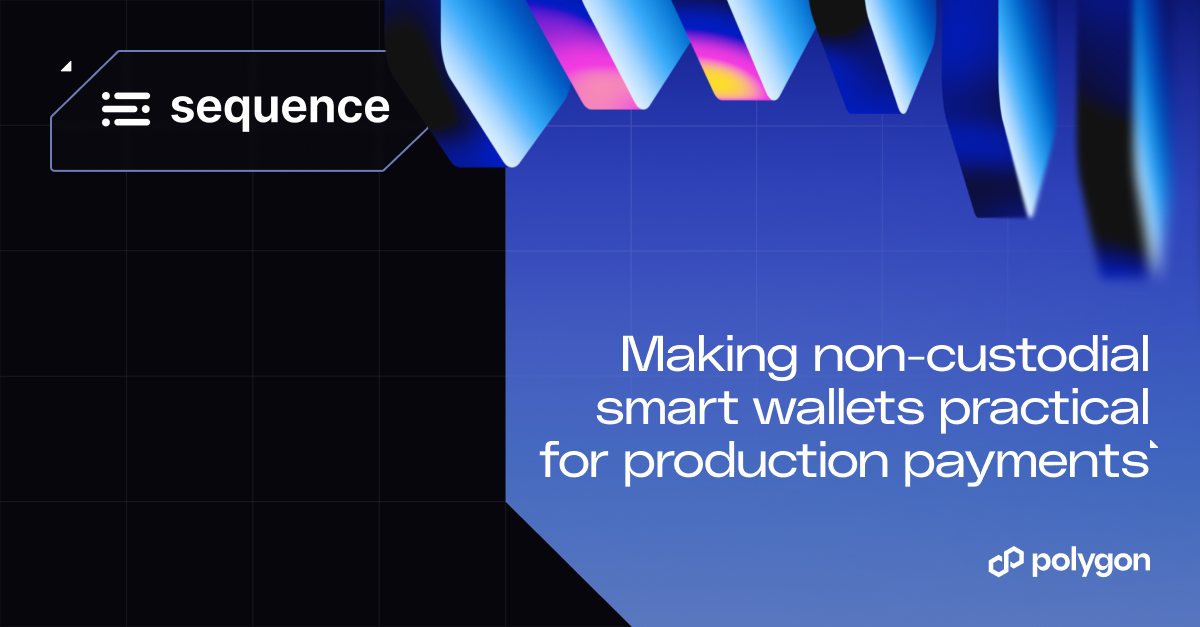


.jpg)
.jpg)
.png)

.png)

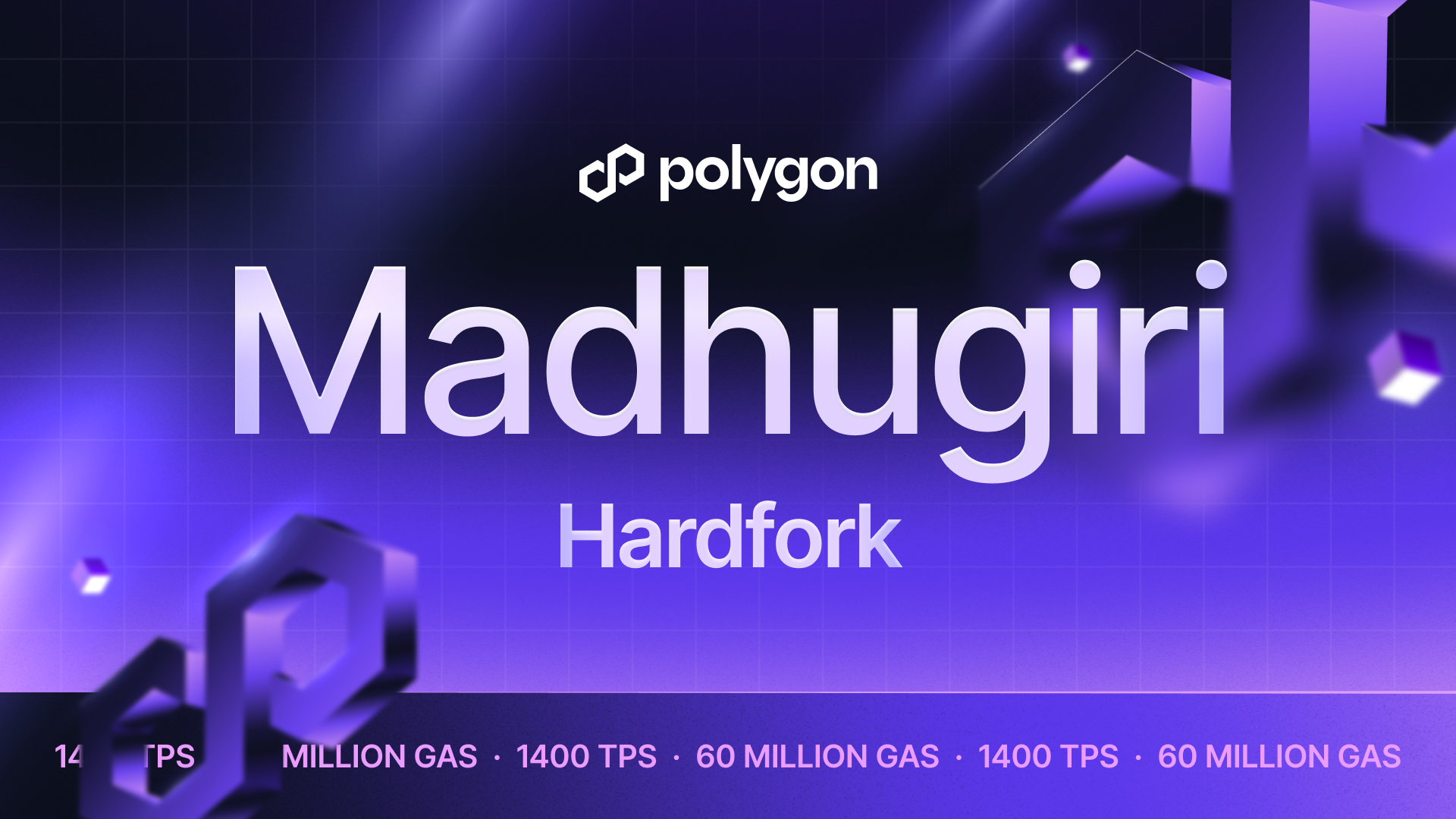
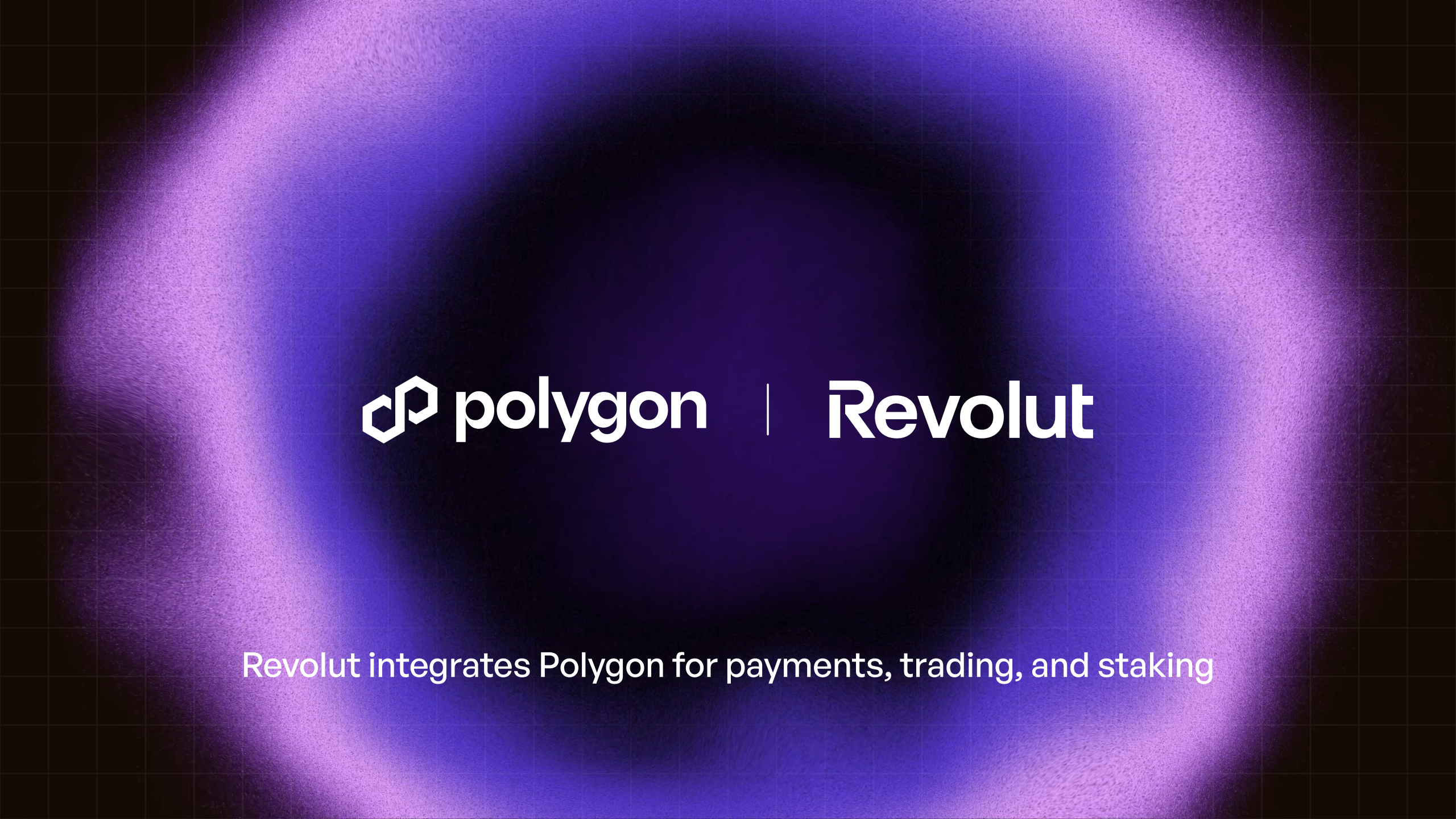
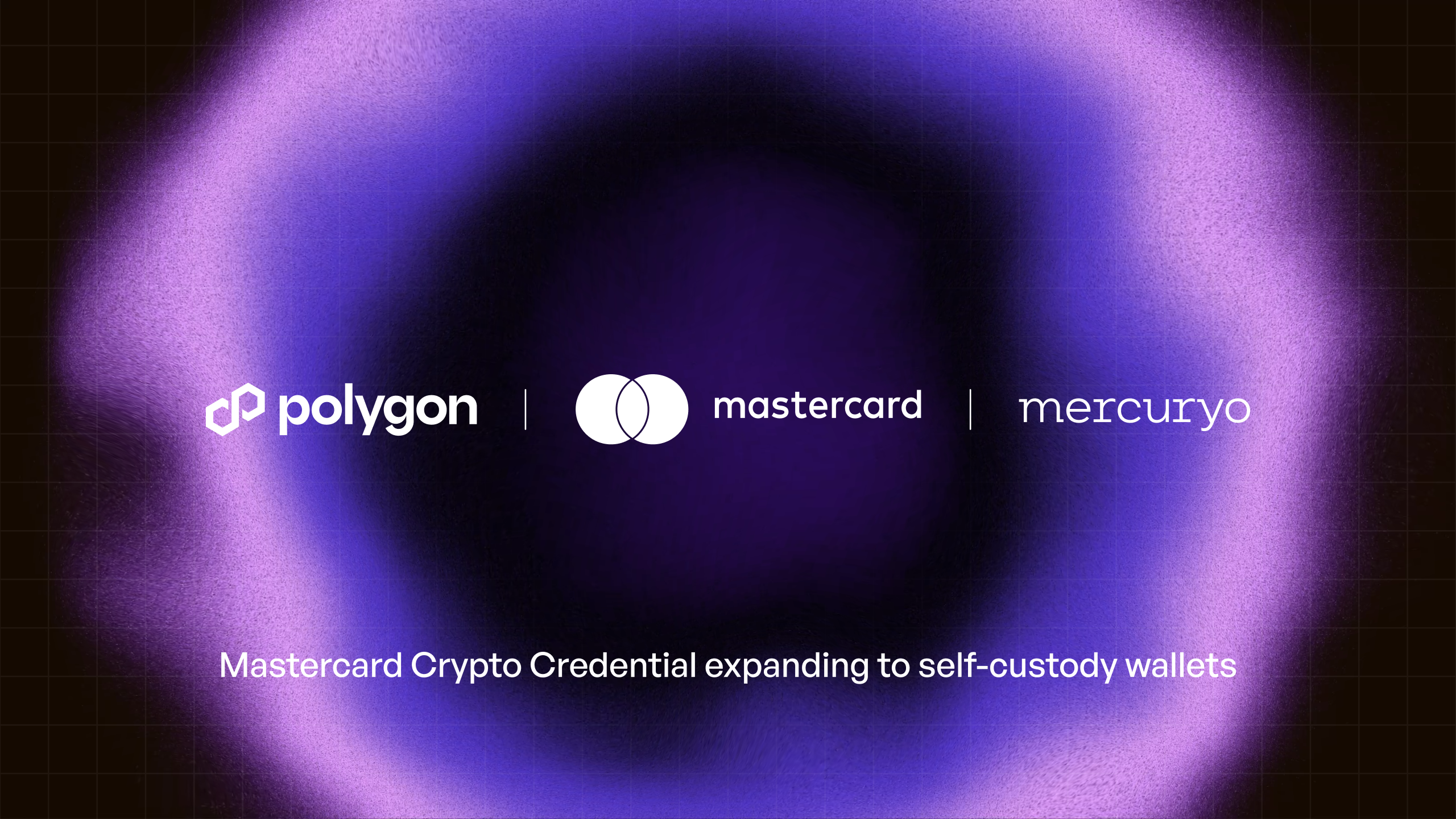
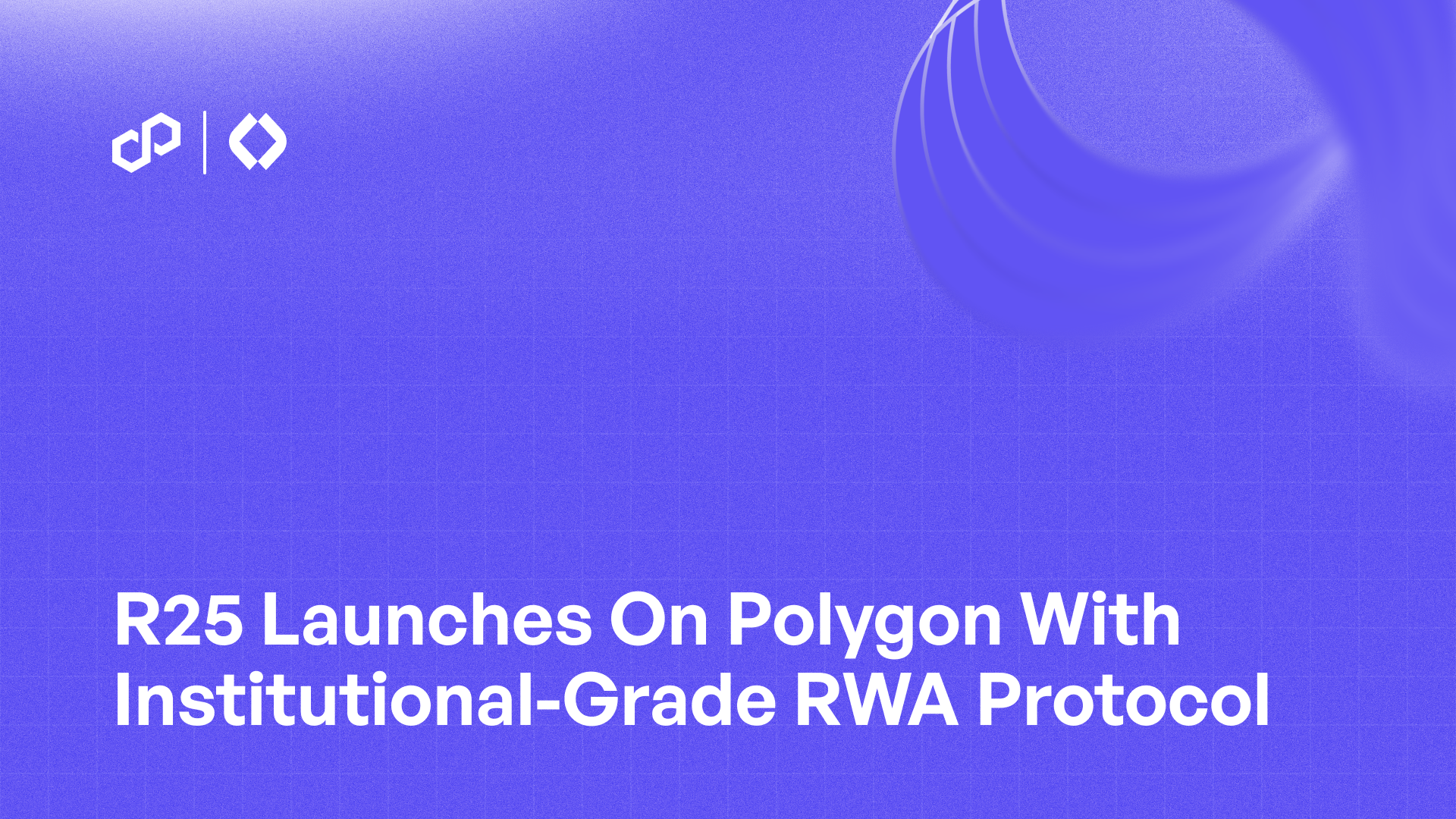
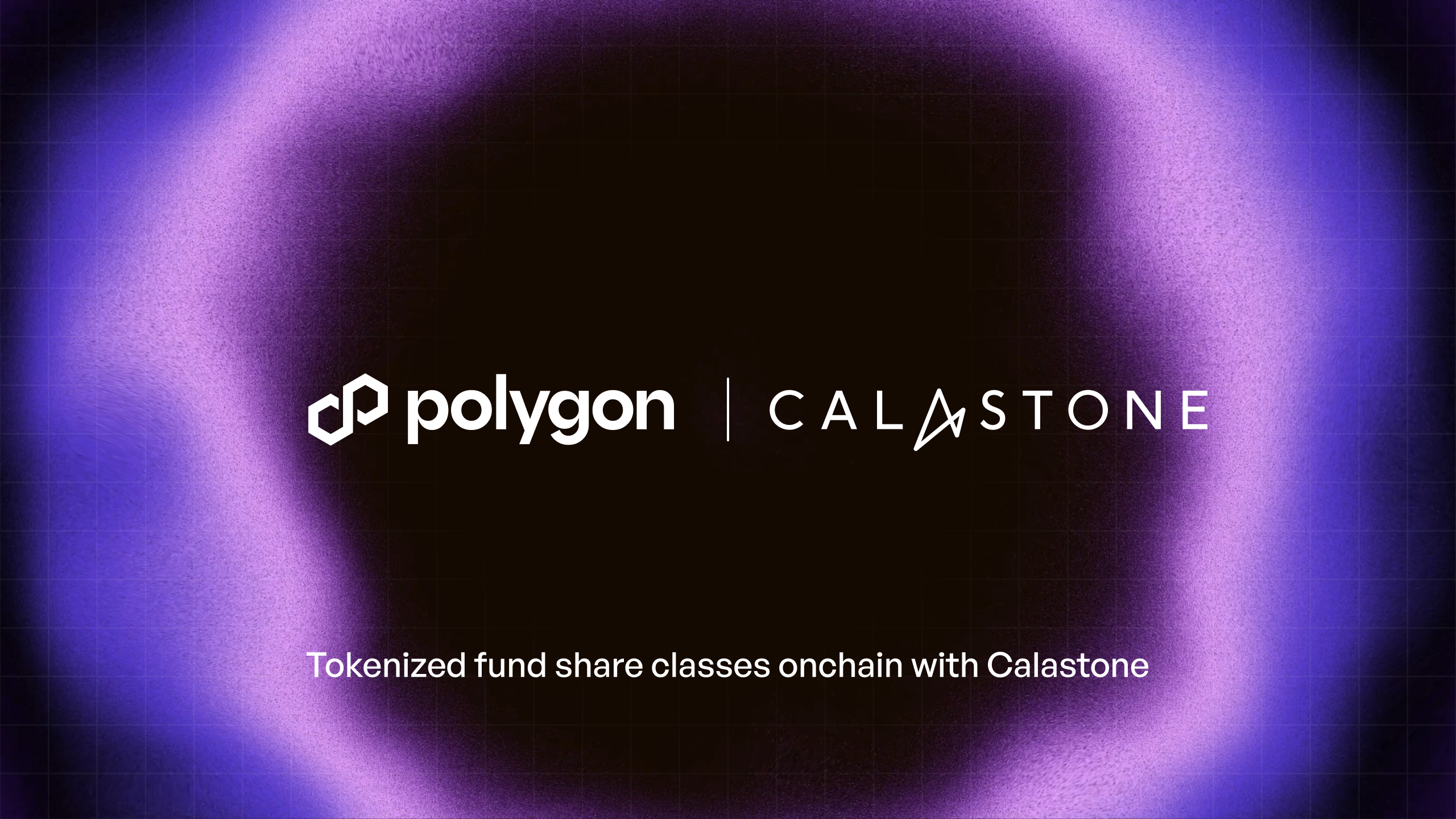
%20(1).png)